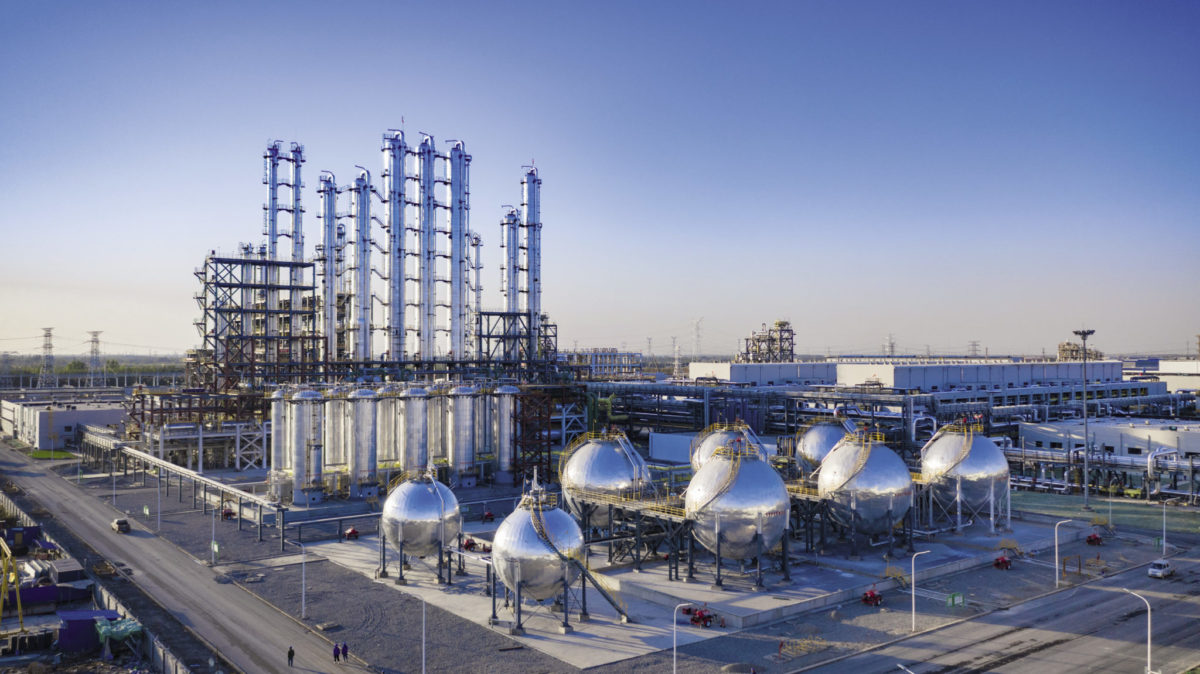From pv magazine Global
China’s Ministry of Commerce (MOFCOM) and the Ministry of Science and Technology (MOST) have announced that they plan to revise the country’s Catalogue of Technologies Prohibited and Restricted for Export.
In a joint statement, the two ministries said that three technologies related to the PV manufacturing industry could be included in the catalog – wafers, black silicon, and ingot casting. If the three categories are added to the restrictions list, manufacturers will need technology export licenses from the respective provincial departments to export such products.
China accounted for more than 98% of global wafer production for the solar industry in 2021, according to reports from the China Photovoltaic Industry Association (CPIA). Although the plan is still in a phase of public consultation, this attempt shows the country’s efforts to protect its most advanced solar technology and maintain the competitiveness of its solar industry.
“Such technology-related export restrictions are nothing new,” Frank Haugwitz, senior adviser of Apricum Cleantech Advisory, told pv magazine. “The last version of this list was published in August 2020 but it took a good two years to come into effect after the consultation process was completed.”
“At the same time, if you take into account the years of significant investment in wafer R&D, this may not be surprising,” said Haugwitz. “On the one hand, it affects plant manufacturers, but also producers who may be considering setting up wafer production in other regions. In other words, such a technology transfer abroad would also be subject to such restrictions.”
Authors: Vincent Shaw & Sandra Enkhardt
This content is protected by copyright and may not be reused. If you want to cooperate with us and would like to reuse some of our content, please contact: editors@pv-magazine.com.









1 comment
By submitting this form you agree to pv magazine using your data for the purposes of publishing your comment.
Your personal data will only be disclosed or otherwise transmitted to third parties for the purposes of spam filtering or if this is necessary for technical maintenance of the website. Any other transfer to third parties will not take place unless this is justified on the basis of applicable data protection regulations or if pv magazine is legally obliged to do so.
You may revoke this consent at any time with effect for the future, in which case your personal data will be deleted immediately. Otherwise, your data will be deleted if pv magazine has processed your request or the purpose of data storage is fulfilled.
Further information on data privacy can be found in our Data Protection Policy.